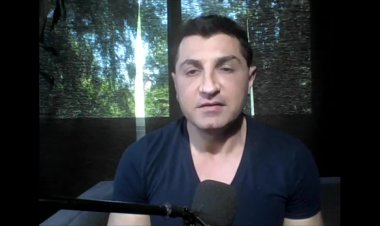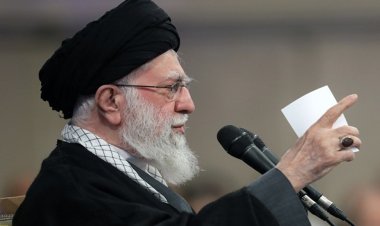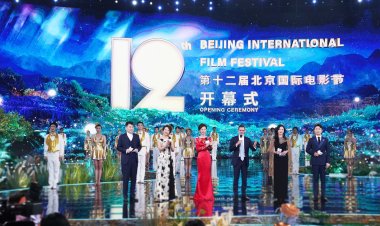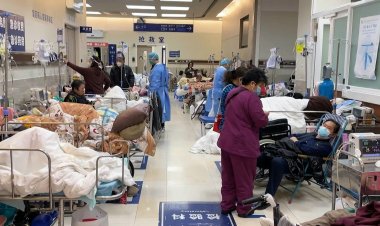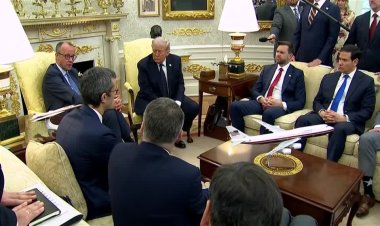Solomon Islands Election: China Ties at Stake
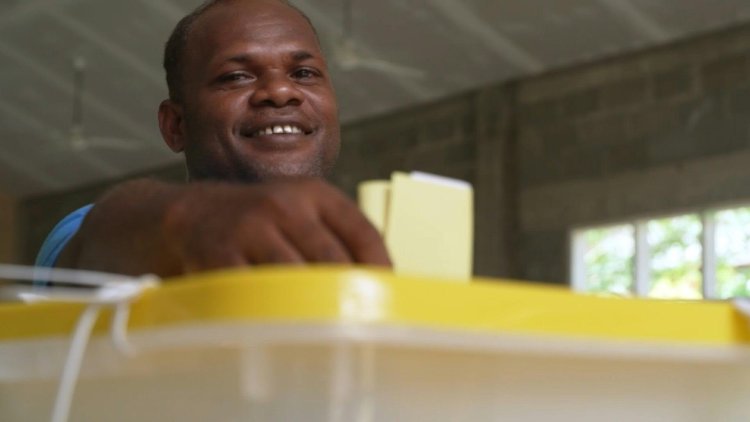
Solomon Islanders began voting in an election that could reshape regional security, with citizens effectively choosing if their Pacific nation will deepen ties with China.
Prime Minister Manasseh Sogavare has pledged to further bolster relations with Beijing if he is re-elected, while his main challengers want to wind back China's growing influence.
Swelling crowds gathered early outside guarded election booths in the capital Honiara, pouring in to cast their ballots when voting opened at 7:00 am local time.
It was a common refrain -- Wilma Junior feared her children faced a bleak future without a change of government.
Voting day is an immense logistical challenge in Solomon Islands, a nation of some 720,000 people spread across hundreds of volcanic islands and coral atolls.
Ballot boxes and voting papers have been dispatched by boat, plane and helicopter to the many far-flung villages that make up the "Hapi Isles".
Teams of international observers are on hand to watch over voting in a nation where elections frequently spell trouble.
Police from Australia, New Zealand and Papua New Guinea are on the ground to help the stretched local forces keep the peace.
Preparing for the prospect of violence after the vote, the Chinese embassy in downtown Honiara hastily erected a temporary steel fence out front this week.
Solomon Islands has veered into China's orbit under the mercurial Sogavare, who signed a security pact with Beijing in 2022.
Sogavare's main rivals include Peter Kenilorea, a former United Nations lawyer who wants to abolish the China pact.
The coalition process can sometimes run on for weeks before the nation is finally presented with a government and a prime minister.
Elections are always boisterous, often tumultuous and sometimes violent. It is the first election since Solomon Islands severed diplomatic ties with Taiwan in 2019, giving its backing to Beijing's "One China" principle instead.




